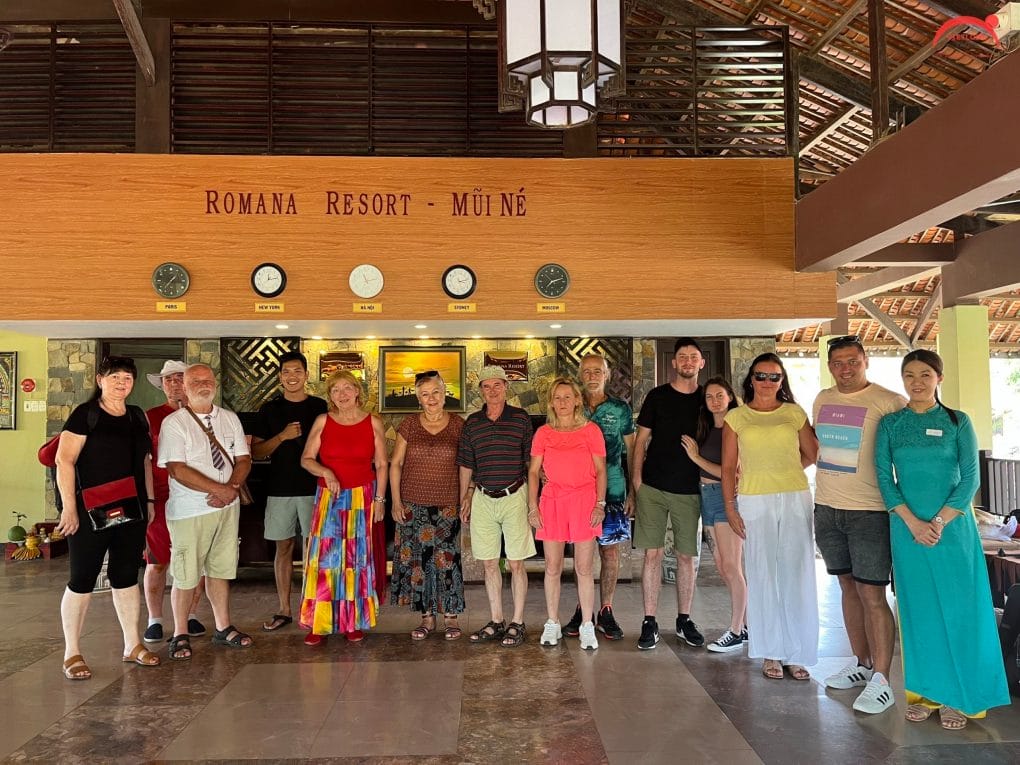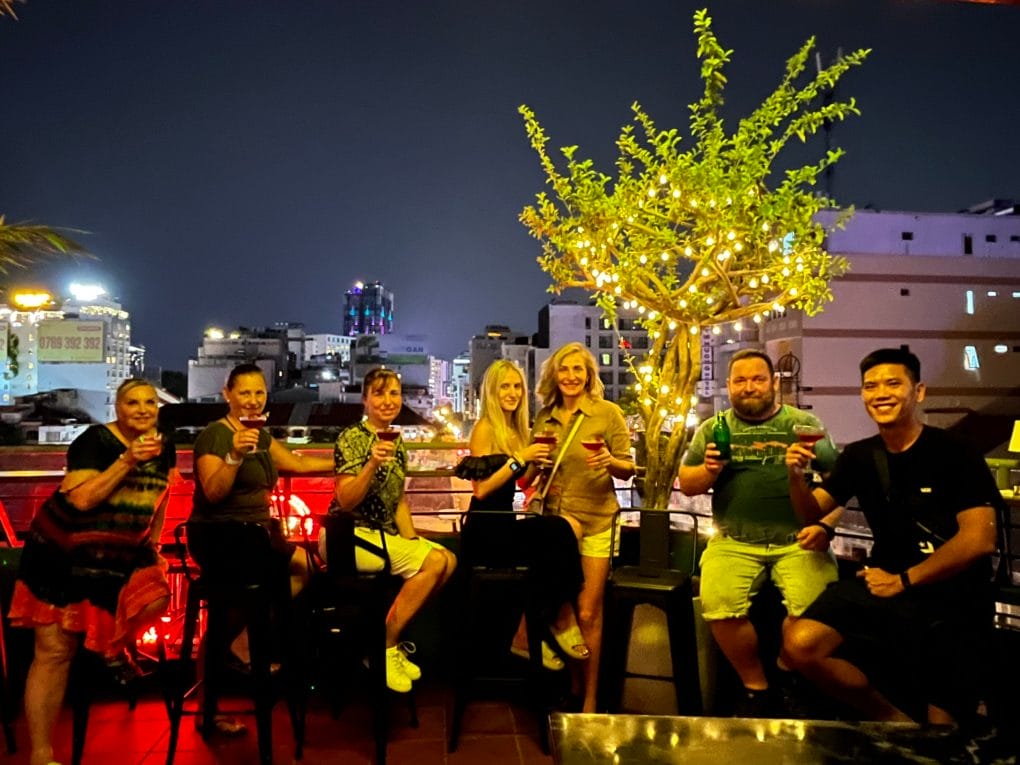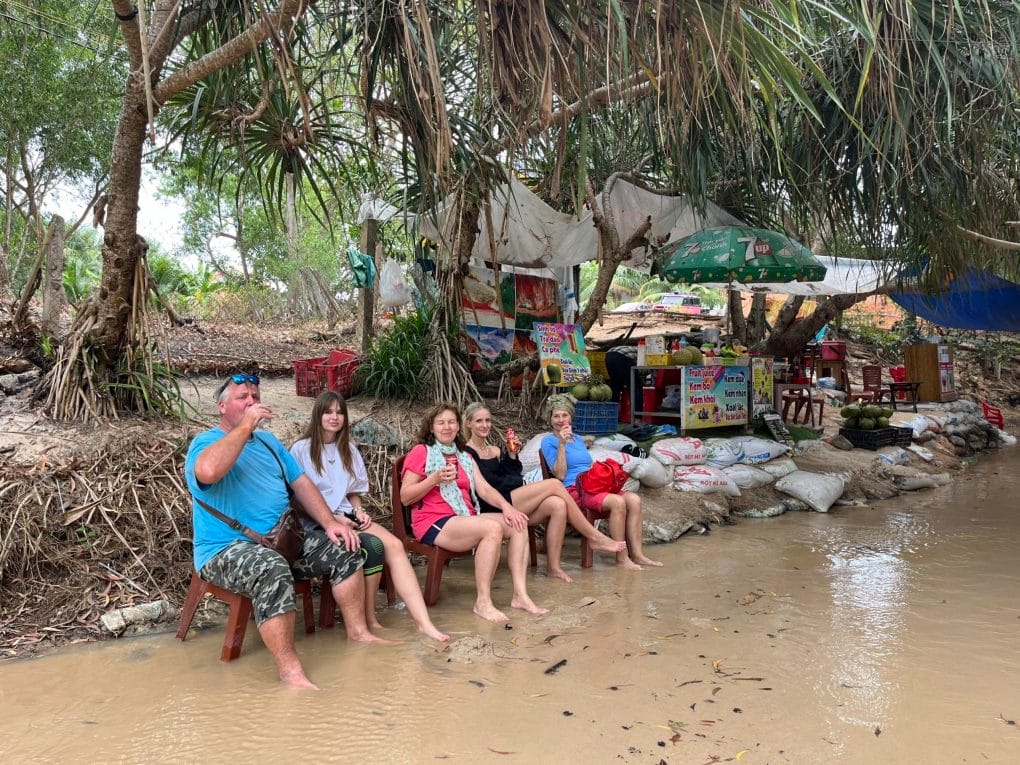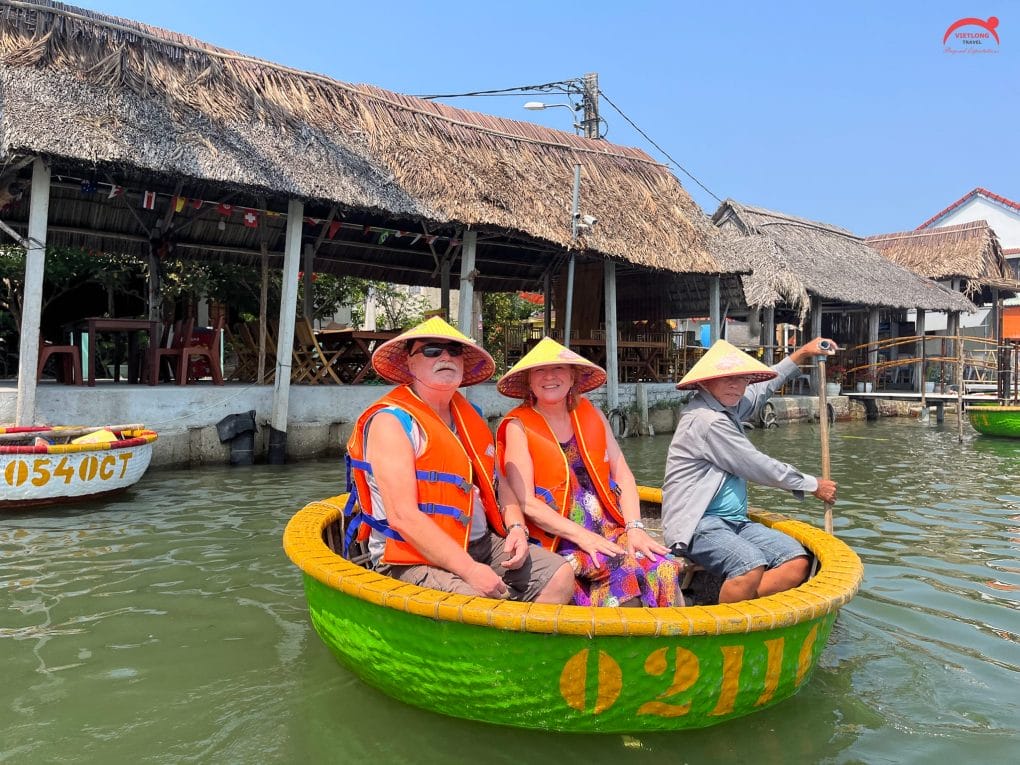THE COUP D’ETAT IN NOVEMBER 1947
In November 1947, the so-called Coup d’Etat Group, led by two retired generals and backed by Phibun, seized power from the civilian government. Pridi, who had recently returned from his world tour, fled the country again and eventually took refuge in China. The coup leaders appointed an interim government headed by Khuang and promised a new constitution.
General elections held in January 1948 confirmed support for the junta, particularly the Phibun faction. In order to placate conservative civilian supporters, Khuang was retained as prime minister until he proved too independent in his policies. In April 1948, Phibun–by then a field marshal–forcibly removed Khuang from office and took over as prime minister.
For the next three years Phibun struggled to maintain his government against numerous attempted coups by rival military factions. To build support, he allowed disaffected political groups, including Khuang’s conservative Democrat Party, to participate in drafting a new constitution, which was promulgated in 1949.
When leaders of an anti-Phibun army group were arrested in October 1948, supporters of former prime ministers Pridi and Khuang in the navy and the marines were not seized.
In February 1949, a revolt allegedly sponsored by Pridi supporters in the marines and navy was suppressed after three days of fighting. In June 1951, marine and navy troops again rebelled and abducted Phibun. The revolt, which was put down by loyal army and air force units, resulted in a serious cutback of navy strength and a purge of senior naval officers.
Phibun’s policies during his second government (1948-57) were similar to those he had initiated in the late 1930s. He restored the use of the name Thailand in 1949. (In reaction to extreme nationalism, there had been a reversion to the name Siam in 1946.) Legislation to make Thai social behavior conform to Western standards–begun by Phibun before the war–was reintroduced.
Secondary education was improved, and military appropriations were substantially increased. The Phibun regime was also characterized by harassment of Chinese and the tendency to regard them as disloyal and, after 1949, as communists.
Phibun’s anticommunist position had great influence on his foreign policy. Thailand refused to recognize the People’s Republic of China, supported UN action in Korea in 1950, and backed the French against communist insurgents in Indochina. Phibun’s Thailand was regarded as the most loyal supporter of United States foreign policy in mainland Southeast Asia.
Tags:






